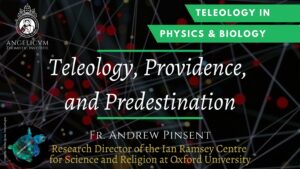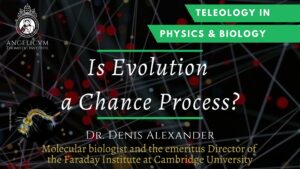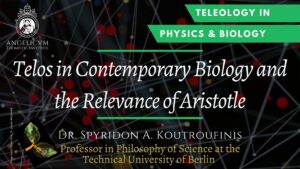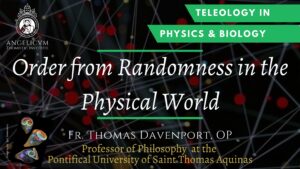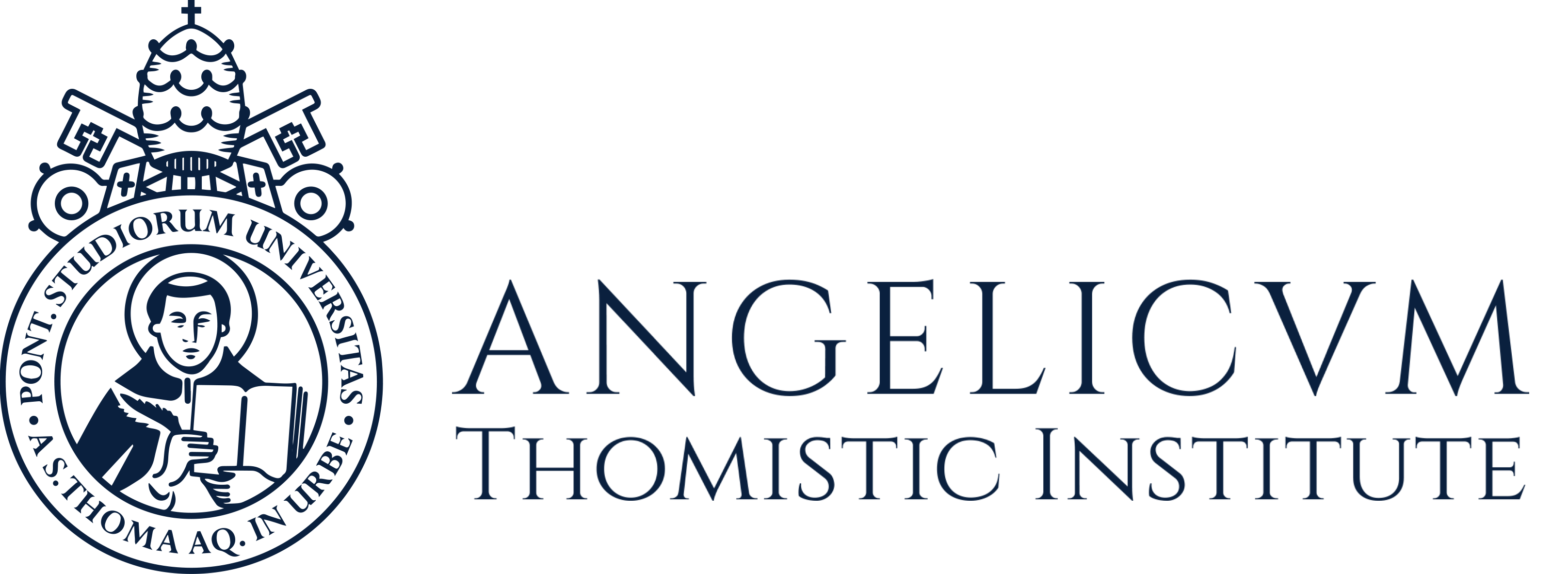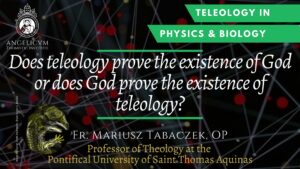Teleology in Physics and Biology
Teleology (goal-directedness) originated in the western world with Plato and Aristotle. Like virtually everyone before the modern age, they agreed that the purposefulness of nature was self-evident. However, with the advent of the scientific revolution, the reality of inbuilt finality was first questioned and then rejected by mainstream philosophy and science. The re-emergence of teleology in the post-logical positivist era comes with a debate among contemporary philosophers and scientists as to whether teleological axioms are useful or accurate in proposing modern philosophies and scientific theories.
From cosmology and the notion of the anthropic principle, the concept of “attractors”in nonlinear dynamics, teleological explanations of organismic structure and behavior in biology, genetics, medicine, ethology, psychiatry, and many other divisions of contemporary science – whether teleology is an ineliminable and indispensable explanatory category is being questioned. Theologians join this conversation asking whether teleology provides a relevant and meaningful inspiration for contemporary theistic reflection, developed in dialogue with natural sciences.
This initiative is the inaugural conference of the Progetto per Scienza e Religione at the Angelicum Thomistic Institute. It will gather prominent scholars from universities and research centers in Europe and the United States of America. It aims to analyze and discuss the debate concerning teleology. The conference seeks to contribute to the ongoing intellectual discussion between scientists, philosophers, and theologians, in domains pertaining to modern sciences in dialogue with classical Christian understanding of creation and nature.
Related Content

